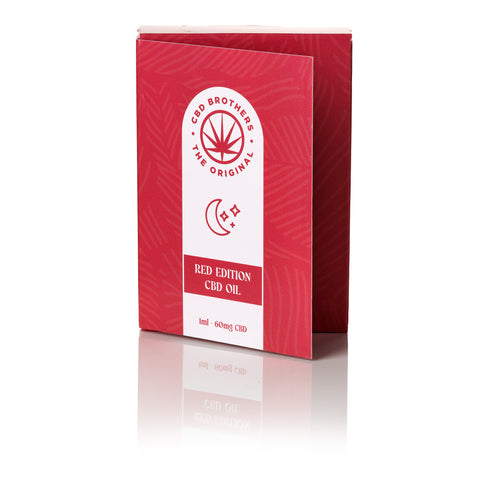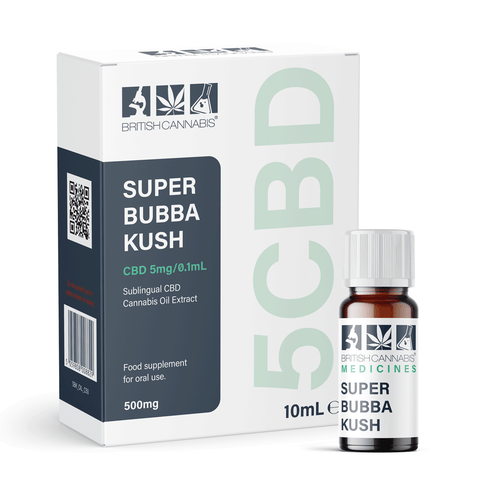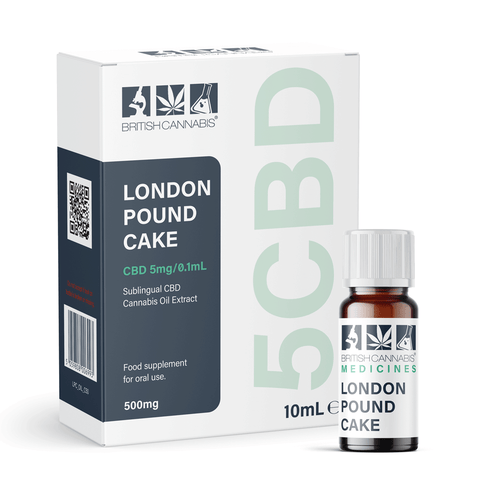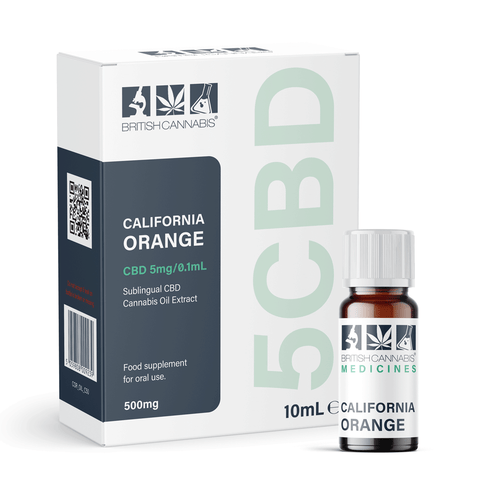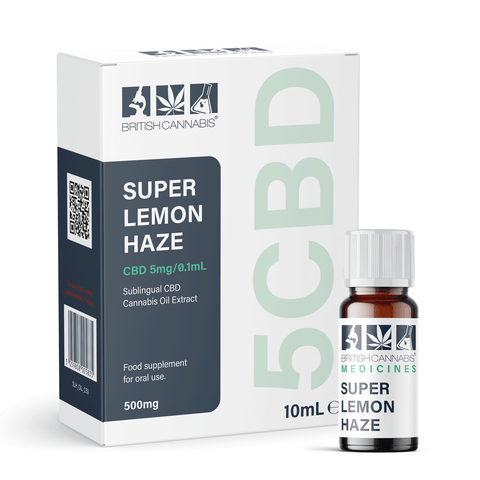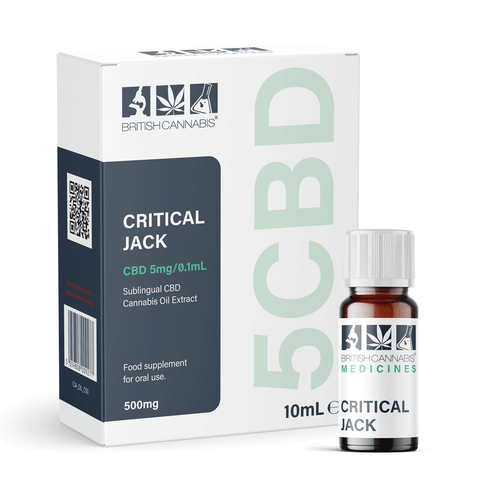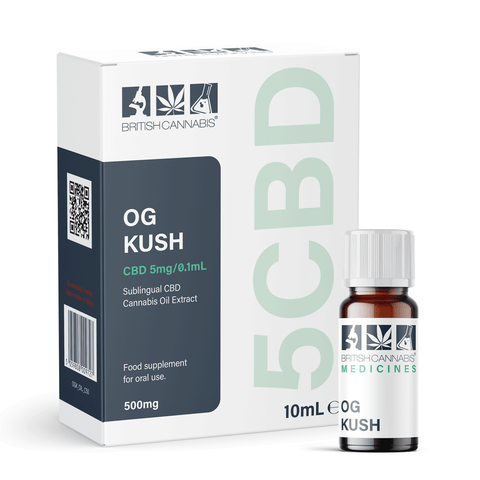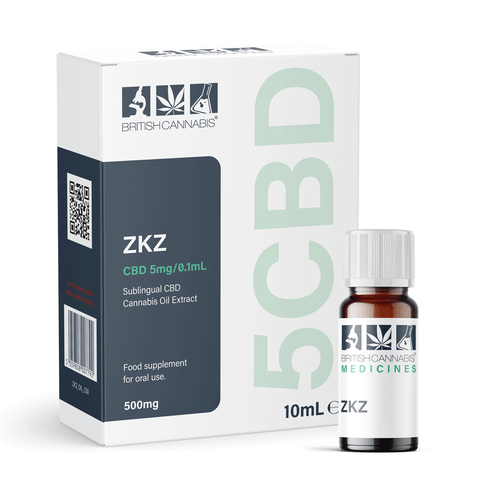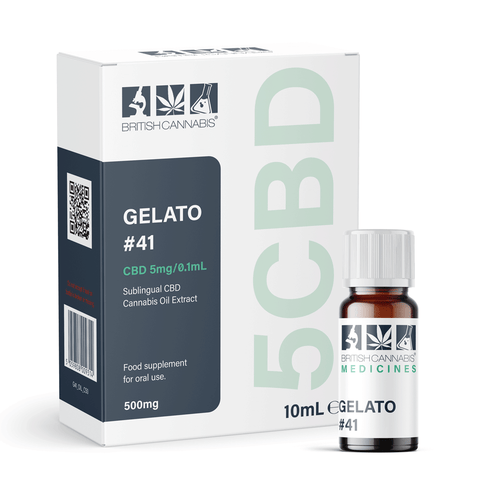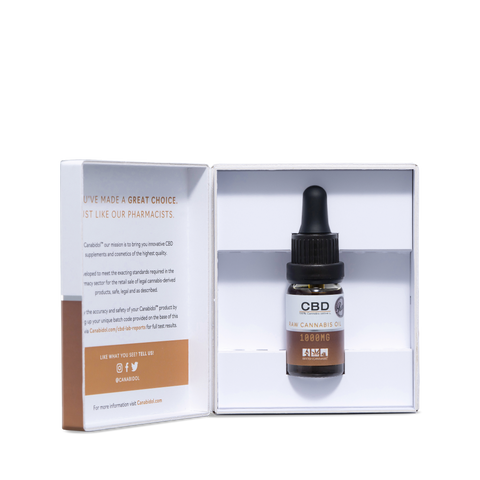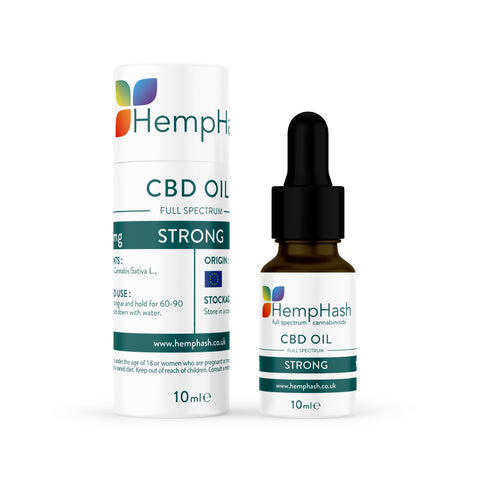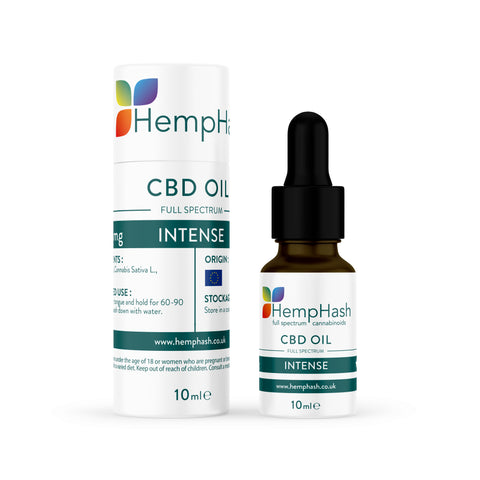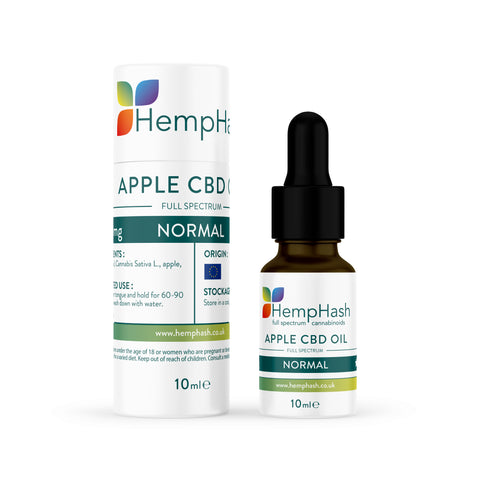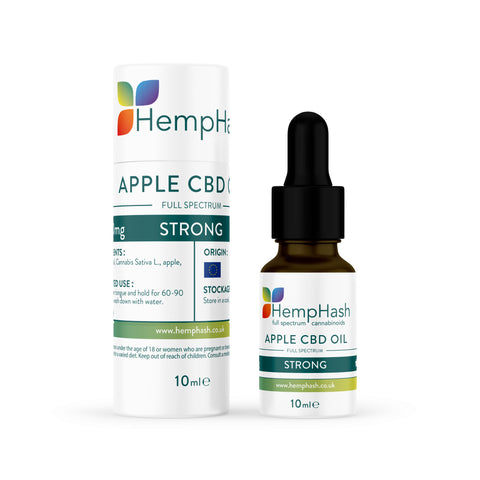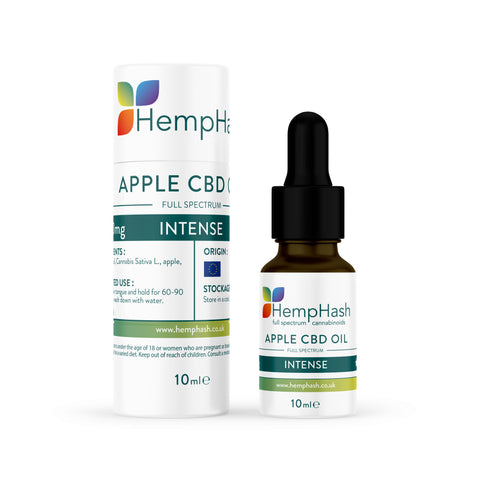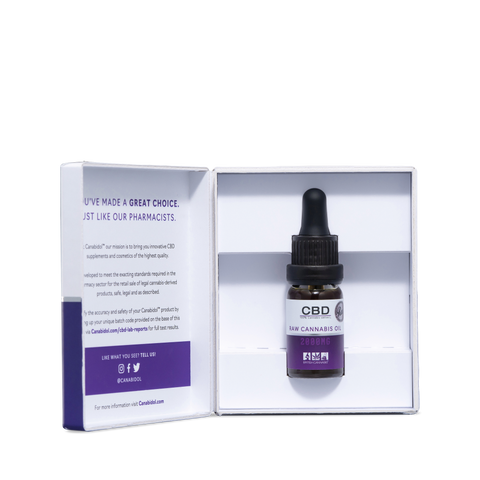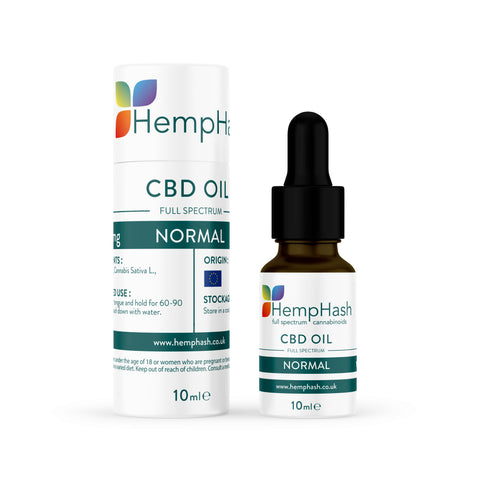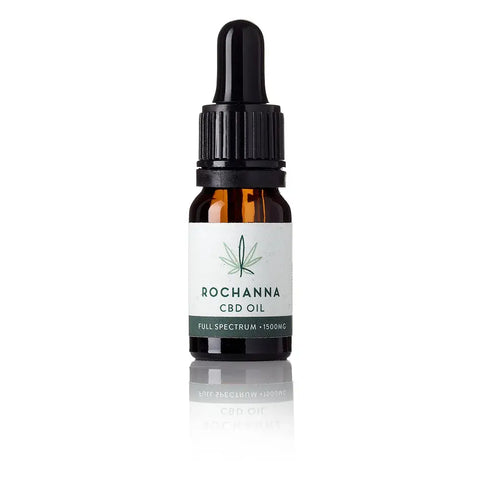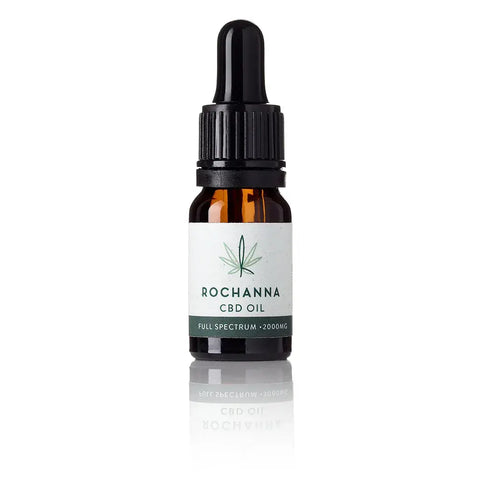CBD Oil
19 products
CBD Brothers | Red Edition CBD Oil | 60mg CBD (1ml)
-
Full spectrum
-
Neutral
6%
Super Bubba Kush | Full Plant Extract CBD Oil | 500mg CBD (10ml)
-
Full spectrum
-
Flavour
5%
London Pound Cake | Full Plant Extract CBD Oil | 500mg CBD (10ml)
-
Full spectrum
-
Flavour
5%
California Orange | Full Plant Extract CBD Oil | 500mg CBD (10ml)
-
Full spectrum
-
Flavour
5%
Super Lemon Haze | Full Plant Extract CBD Oil | 500mg CBD (10ml)
-
Full spectrum
-
Flavour
5%
Critical Jack | Full Plant Extract CBD Oil | 500mg CBD (10ml)
-
Full spectrum
-
Flavour
5%
OG Kush | Full Plant Extract CBD Oil | 500mg CBD (10ml)
-
Full spectrum
-
Flavour
5%
ZKZ | Full Plant Extract CBD Oil | 500mg CBD (10ml)
-
Full spectrum
-
Flavour
5%
Gelato 41# | Full Plant Extract CBD Oil | 500mg CBD (10ml)
-
Full spectrum
-
Flavour
5%
British Cannabis | Raw Broad Spectrum CBD Oil | 1000mg CBD (10ml)
-
Neutral
-
Broad spectrum
10%
2000mg Full Spectrum CBD Oil | HempHash | Strong
-
Full spectrum
-
Neutral
20%
3000mg Full Spectrum CBD Oil | HempHash | Intense
-
Full spectrum
-
Neutral
30%
Apple 1000mg Full Spectrum CBD Oil | HempHash | Normal
-
Full spectrum
-
Flavour
10%
Apple 2000mg Full Spectrum CBD Oil | HempHash | Strong
-
Full spectrum
-
Flavour
20%
Apple 3000mg Full Spectrum CBD Oil | HempHash | Intense
-
Full spectrum
-
Flavour
30%
British Cannabis | Raw Broadspectrum CBD Oil | 2000mg CBD (1ml)
-
Neutral
-
Broad spectrum
20%
1000mg Full Spectrum CBD Oil | HempHash | Normal
-
Full spectrum
-
Neutral
10%
1500mg Full Spectrum CBD Oil | Rochanna
-
Full spectrum
-
Neutral
15%
2000mg Full Spectrum CBD Oil | Rochanna
-
Full spectrum
-
Neutral
20%
What is CBD oil used for?
Cannabidiol (CBD) oil is a hemp plant-derived product. Unlike its relative tetrahydrocannabinol (THC), it does not generate a high. CBD is extracted from the cannabis plant in a variety of ways, including CO2 extraction and solvent extraction.
CBD oil is used for a number of things, including:
-
Pain relief: CBD oil may help to reduce pain by interacting with the body's cannabinoid receptors.
-
Anxiety relief: CBD oil may help to reduce anxiety by reducing the activity of the amygdala, a part of the brain that is involved in the processing of fear and anxiety.
-
Sleep improvement: CBD oil may help to improve sleep by promoting relaxation and reducing anxiety.
-
Anti-inflammatory effects: CBD oil may have anti-inflammatory effects by reducing the production of certain inflammatory compounds.
-
Epilepsy treatment: CBD oil has been shown positive signs to potentially aid in reducing the frequency of seizures in people with epilepsy.
Participants in one study who took 1,500 milligrammes of CBD daily for four weeks reported lower levels of anxiety. Other studies have shown that CBD oil may help with symptoms commonly associated with pain relief, sleep improvement, and epilepsy treatment. More clinical trials, however, are required to corroborate these findings.
Most people tolerate CBD oil well, but there are some potential side effects such as dry mouth, diarrhea, drowsiness, and appetite problems. These adverse effects are typically minor and are a result of taking too high a dose, which resolve on their own. However, if you encounter any side effects with CBD oil, you should consult your doctor.
CBD oil should not be used by children under the age of 18. There hasn't been enough study done to determine whether CBD oil is safe and effective for youngsters.
What is the Main Benefit and Effects of CBD Hemp Oil Capsules
Cannabidiol (CBD) is an organic compound found in hemp plants. It is one of the many active components in hemp, however, unlike tetrahydrocannabinol (THC), researchers have found that it doesn't give you that psychoactive effect.
CBD hemp oil products have a lot of possible health benefits and effects, but more research is required to fully comprehend them. Among the potential advantages of CBD hemp oil researchers found evidence for are:
CBD can help with pain reduction by connecting to the body's endocannabinoid system:
-
Sleep enhancement: CBD may aid in sleep enhancement by encouraging calm and lowering anxiety.
CBD may have anti-inflammatory effects by suppressing the creation of certain inflammatory chemicals. -
Epilepsy treatment: CBD oil has been shown positive signs to potentially aidbe effective in reducing the frequency of seizures in people with epilepsy.
-
Acne treatment: CBD may aid in acne therapy by decreasing inflammation and oil production.
-
Digestive tract: Because CBD oil can be taken orally, it goes through the digestive tract. This might occasionally result in adverse effects such as diarrhea, upset stomach, and nausea.
-
CBD oil may assist persons with multiple sclerosis reduce inflammation, muscle spasticity, sleep difficulties, pain, and depression.
It should be noted that these are only a few of the potential health benefits of CBD hemp oil. More study is needed to fully comprehend the effects of CBD products and the best approach of use for various diseases. and the well-being of users.
If you are thinking about using our high-quality CBD hemp oil, you ought to first speak with your doctor. They can advise you on whether CBD is right for you and suggest a safe and effective dosage.
Here are some other considerations for CBD hemp oil:
-
The product's quality: It's imperative to get CBD hemp oil from a trustworthy provider that employs high-quality ingredients, like HempHash.
-
The product's potency: CBD hemp oil potency varies, therefore it's critical to select the best product for you.
-
The consumption method: The manner in which CBD hemp oil is consumed can have an impact on its effects. Smoking (Hemphash doesn't recommend smoking our products) or vaporising CBD hemp oil has more immediate effects, whilst consuming CBD hemp oil has more delayed effects.
What drugs should not be taken with cannabinoid oil?
The following medications should not be used with cannabis oil:
-
Warfarin: Cannabinoid oil can enhance the effects of warfarin, increasing the risk of bleeding.
Sedatives: Cannabidiol oil can enhance the effects of sedatives, causing drowsiness and impaired judgment. -
Anticonvulsants: Cannabinoid oil may interact with anticonvulsants, increasing the risk of seizures.
-
Immunosuppressants: Cannabinoid oil may interact with immunosuppressants, increasing the risk of infection.
If you are using any of these medications, you should see your doctor before using cannabis oil. They may guide you on whether it is safe for you to use cannabidiol oil and propose a safe and effective dosage.
Apart from these medications, there are a few others that may interact with cannabis oil. Before using cannabis oil, consult your doctor if you are taking any medications.
Does CBD cannabis oil work with inflammation, anxiety and pain?
One of the health benefits of good CBD oil products is that they may help in the treatment of inflammation and discomfort. Studies show evidence that CBD may reduce, blood pressure and inflammation in participants by interacting with the endocannabinoid system, and it may suppress pain signals by interacting with opioid receptors in the body. CBD may also be one of the effective ways to alleviate anxiety, which may aid pain relief and inflammation in its consumers.
Before using our premium CBD oil, consult with your doctor. They can help you establish if it is right for you and recommend a safe and effective dosage.
CBD oil and Epilepsy
CBD has been proven to have a few potential benefits for people who have epilepsy. CBD, in particular, has been demonstrated to reduce the frequency of seizures in persons with two rare forms of epilepsy: patients with Lennox-Gastaut syndrome and patients with Dravet syndrome.
Does cannabidiol oil lower heart rate?
There is evidence from scientists that, CBD oil may reduce the heart rate of people that use it by interacting with the endocannabinoid system, which is a network of cell receptors that serve to regulate a range of processes, including heart rate. CBD oil may also inhibit calcium channels, which are responsible for controlling heart muscle contraction.
More research, however, is required to validate these findings and discover the optimum manner to use CBD oil for heart rate. Before using CBD oil, consult with your doctor. They can help you establish if it is right for you and recommend a safe and effective dosage.
Consumers tolerate CBD oil well in general, although some side effects have been recorded, including tiredness, weariness, dry mouth, and diarrhea. These adverse effects are typically minor and resolve on their own.
Researchers suggest starting with small amounts of CBD oil and progressively increasing the dose until you find the quantity that works best for you is critical. CBD oil can be applied topically, under the tongue, or orally.
THC oil VS Full spectrum CBD oil
THC oil as well as full spectrum CBD oil and cannabis are both made from the cannabis plant, but studies show that their effects on the body differ.
THC oil is a concentrated version of the psychoactive component in cannabis, tetrahydrocannabinol (THC). It can cause a high and is frequently used recreationally.
Full-spectrum CBD oil contains a wide range of beneficial compounds, including CBD, THC, and other cannabinoids. It does not cause a high and is frequently used for medicinal purposes.
Here are some important distinctions between THC oil and full-spectrum CBD oil:
-
THC oil is high in THC, but full-spectrum CBD oil includes only trace quantities of THC.
-
THC oil has psychoactive effects, yet CBD oil does not.
-
THC oil is used to treat pain, anxiety levels, and inflammation.
-
THC is the chemical in cannabis that causes the "high" sensation. THC has also been linked to psychosis in certain persons.
-
Full-spectrum CBD oil has been used to treat a broader range of diseases, including pain, anxiety, inflammation, seizures, nausea, and other symptoms.
-
Extraction process: THC oil is normally extracted using a solvent, whereas full-spectrum CBD oil is often extracted with a CO2 extraction method.
A 2017 study published in the British Journal of Clinical Pharmacology discovered that taking 600 milligrams of CBD per day for four weeks lowered anxiety levels. This research is significant because it demonstrates that CBD oil can be effective in lowering anxiety at a low dose.
What is the downside of cbd oil?
As mentioned previously, it's been shown in studies that, even though they come from the hemp plant, unlike its cousin THC, CBD doesn't produce a "high" effect.
Most people tolerate CBD oil well, however there are some potential negative effects, which include:
-
Dry mouth: CBD oil may give you dry mouth, which is unpleasant.
-
Diarrhea: CBD oil can also cause diarrhoea, which is unpleasant.
-
Reduced blood pressure: CBD oil can lower blood pressure, therefore if you have low blood pressure, you should be aware of this.
-
Changes in appetite: Some CBD oil users report changes in their appetite, such as increased or decreased hunger. This could be due to CBD's effects on the endocannabinoid system, which is involved in hunger regulation.
-
Liver enzyme elevations: Some articles have shown that CBD oil can cause elevations in liver enzymes. However, these elevations are usually mild and go away on their own. In one study, participants who took 1,500 milligrams of CBD per day for four weeks had elevated liver enzymes.
It is crucial to keep in mind that these are only a few of the potential CBD oil side effects. More research is needed to properly understand CBD oil's safety.
If you are thinking about using CBD oil, you ought to consult with your doctor. They can advise you on whether CBD oil is right for you and recommend a safe and effective dosage.
Here are some other considerations for CBD oil:
-
The product's quality: It is essential that you buy CBD oil from a reliable source that employs high-quality ingredients.
-
The product's potency: Because the potency of CBD oil varies, it is critical to select a product that is appropriate for you.
-
The consumption method: The manner in which CBD oil is consumed can have an impact on its effects. Vaporising CBD oil has more immediate effects, whilst ingesting CBD oil has longer delayed effects.
Is CBD oil legal in UK law?
CBD oil is legal in the United Kingdom as long as it is made from hemp and contains less than 0.2% THC. However, it is always important to do your research and consult with a healthcare professional before trying any new product.

